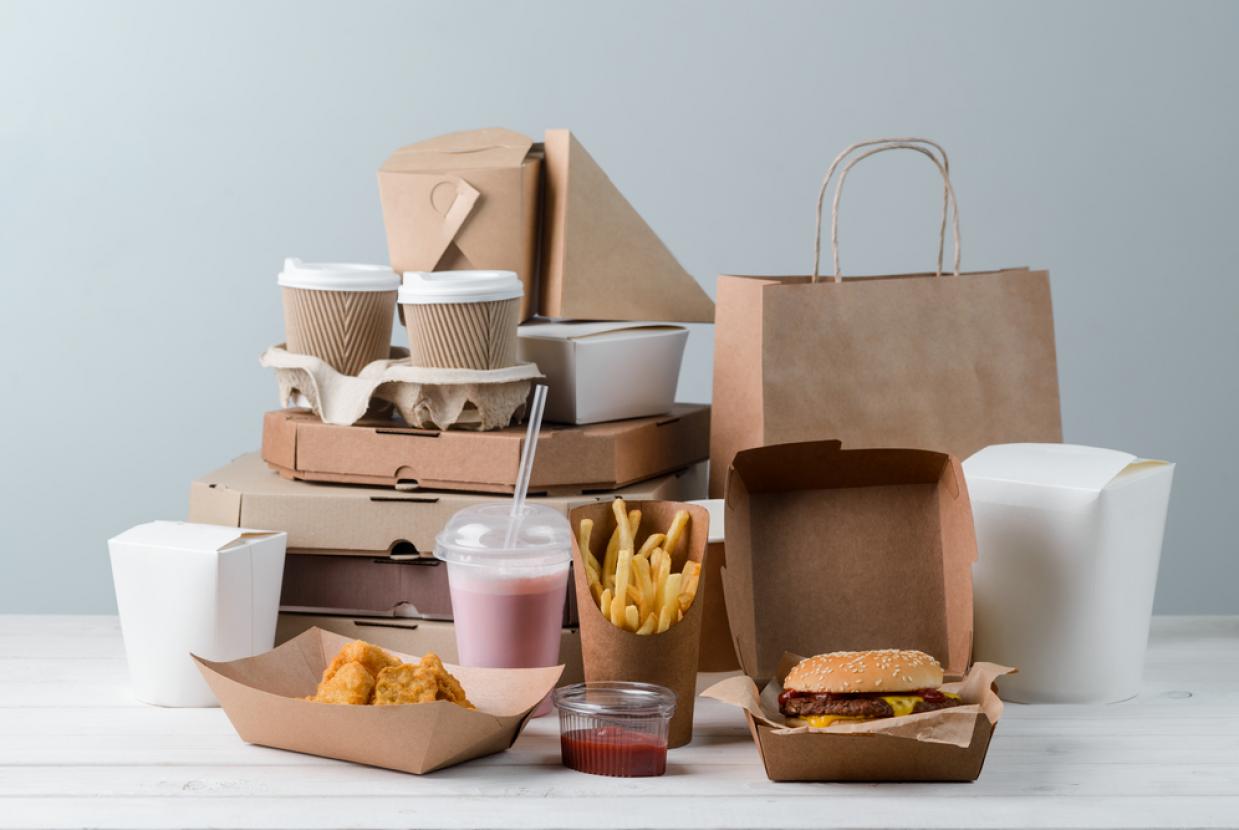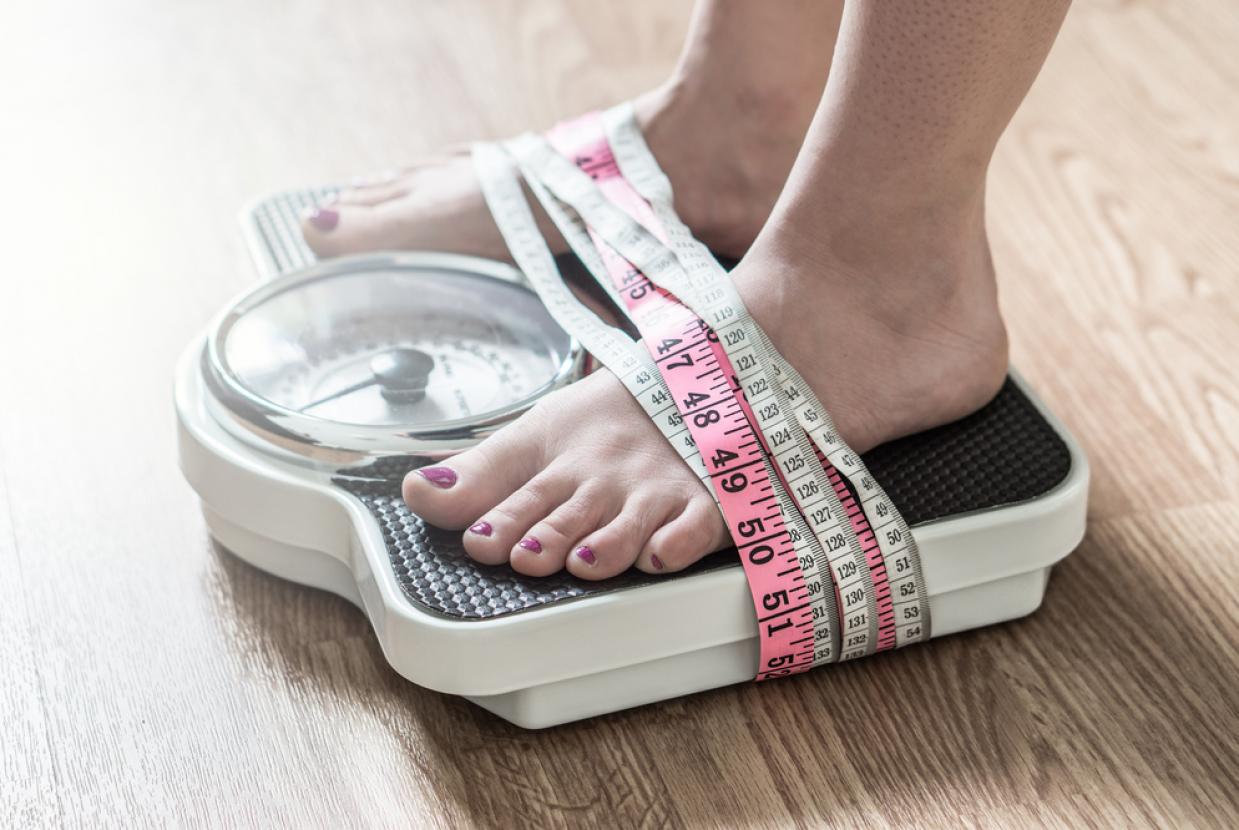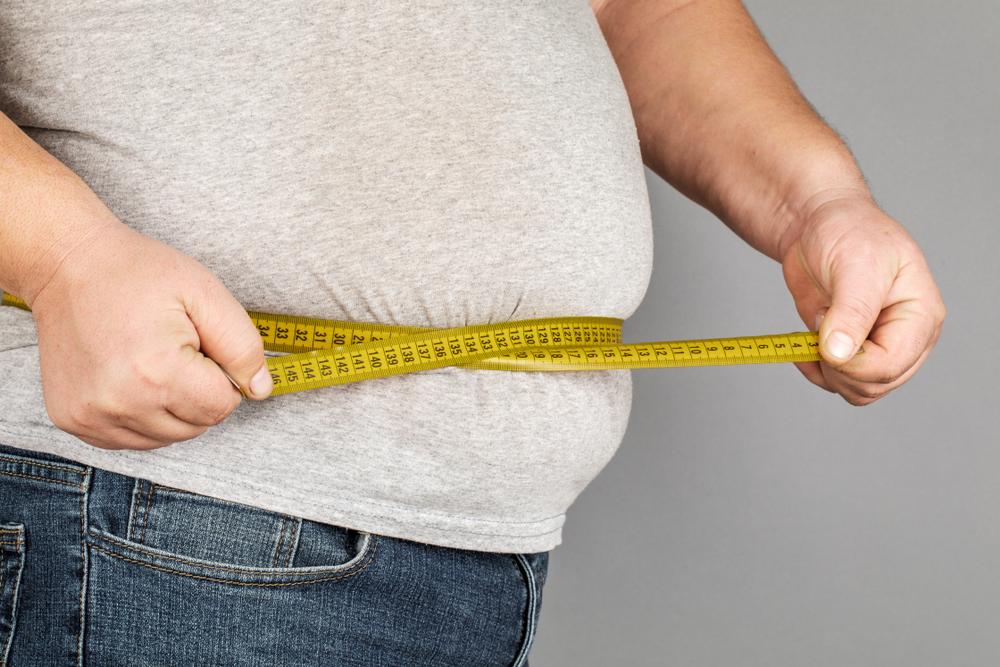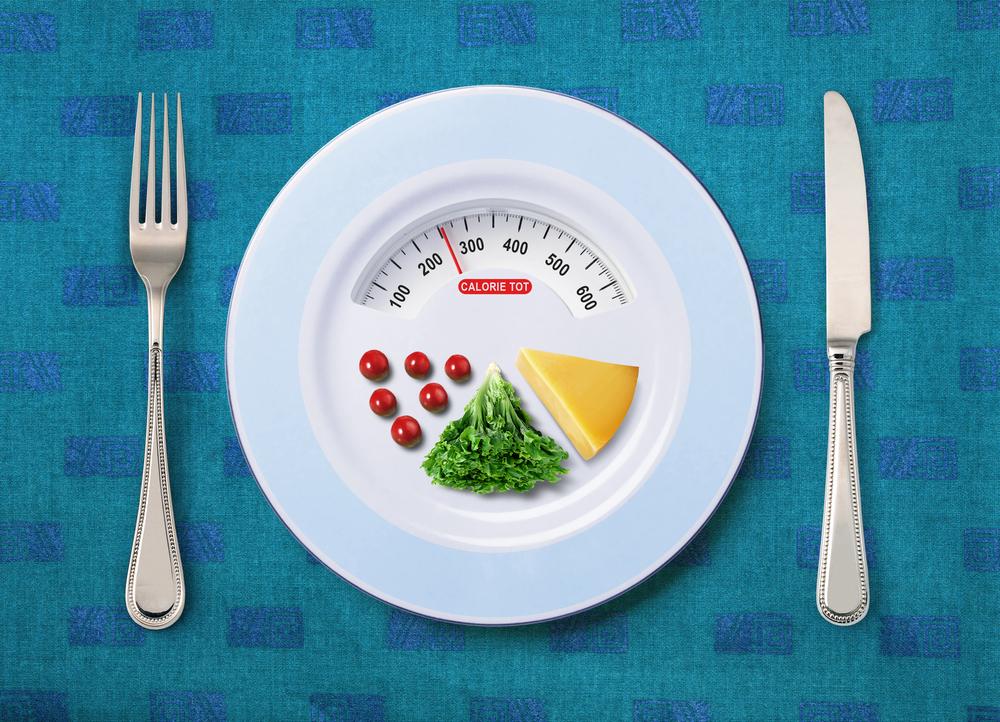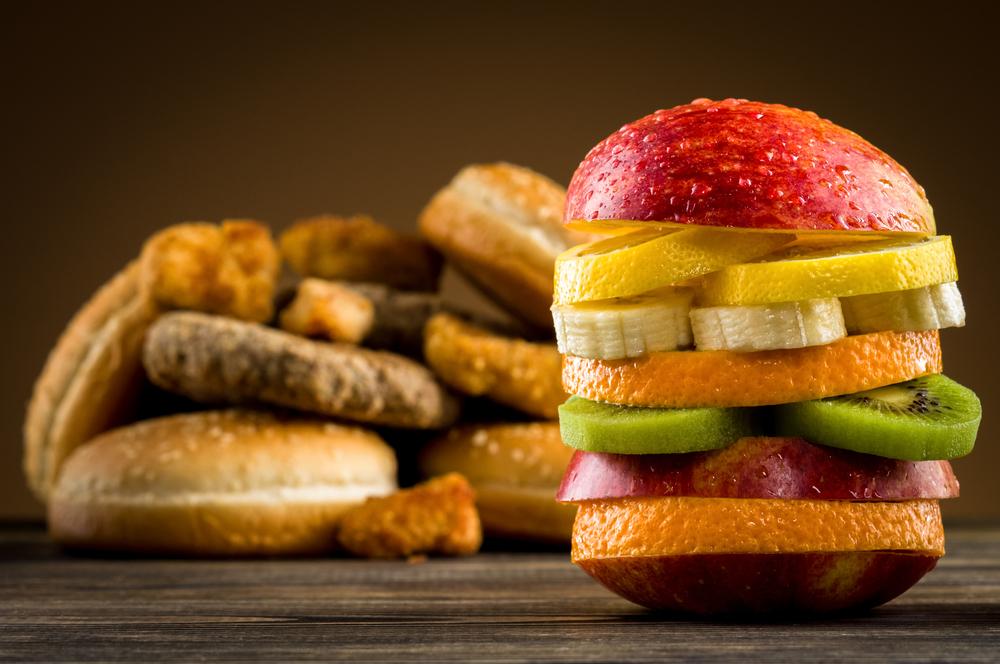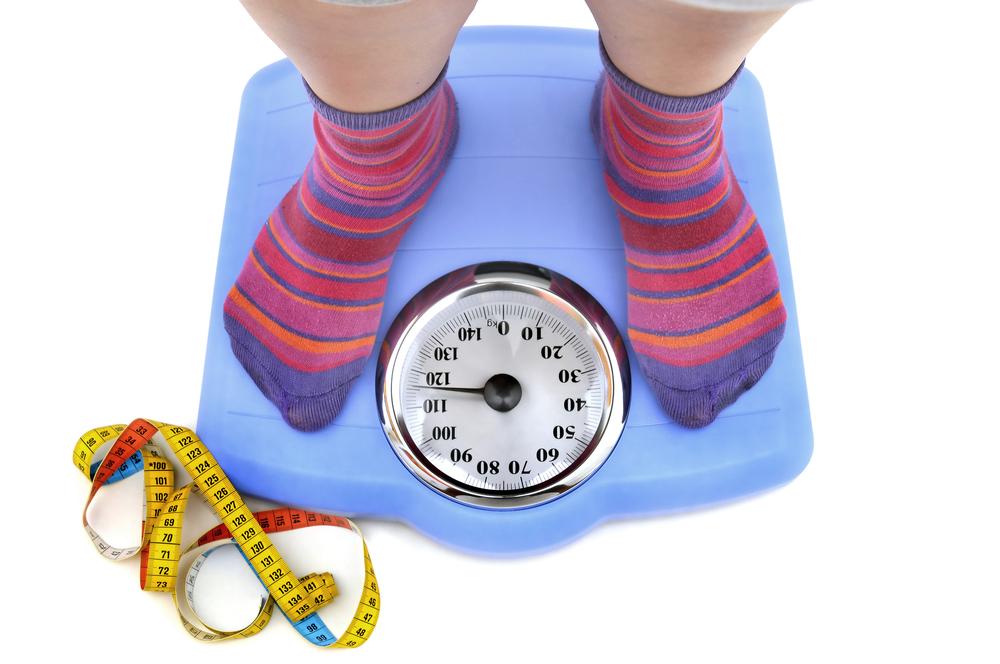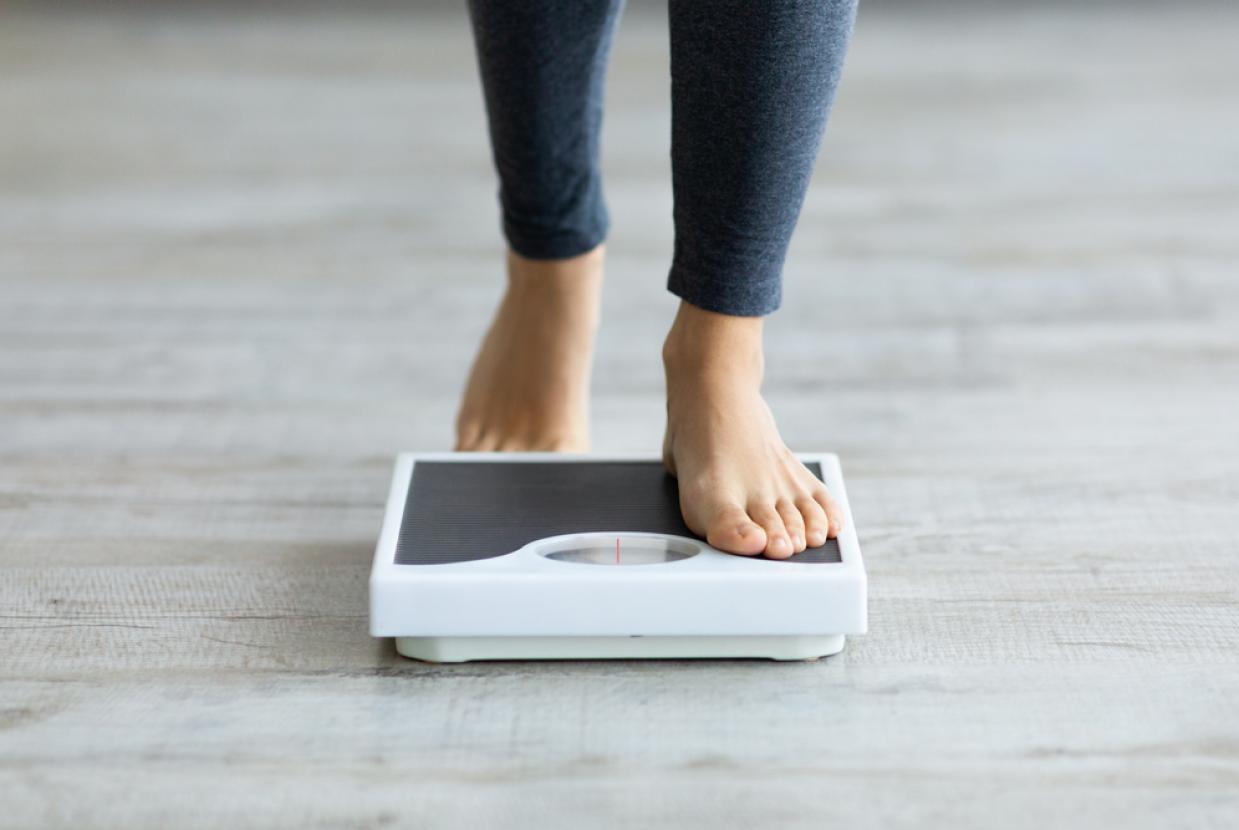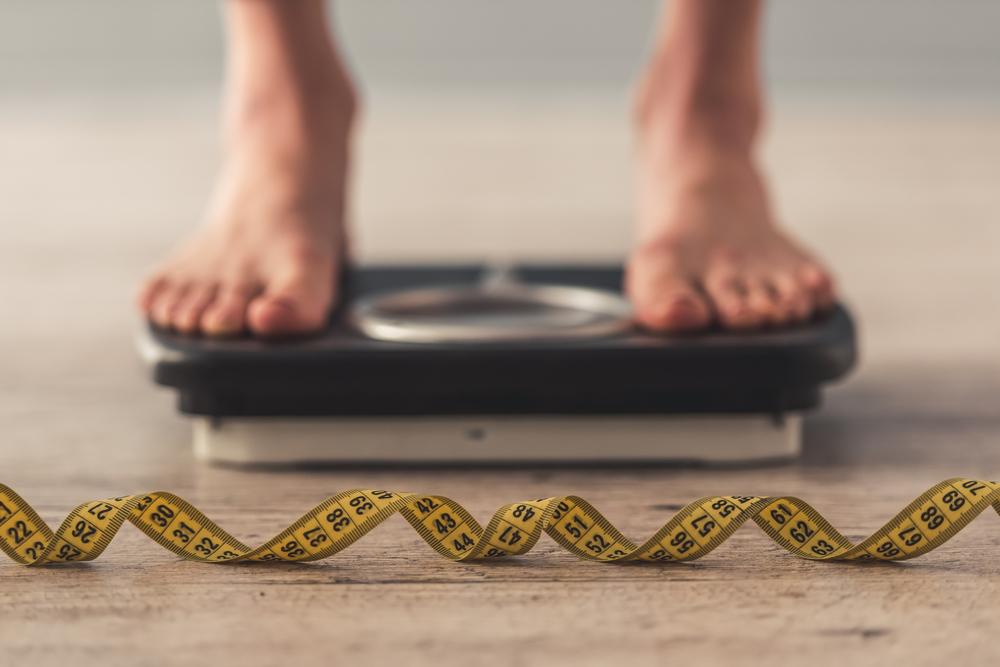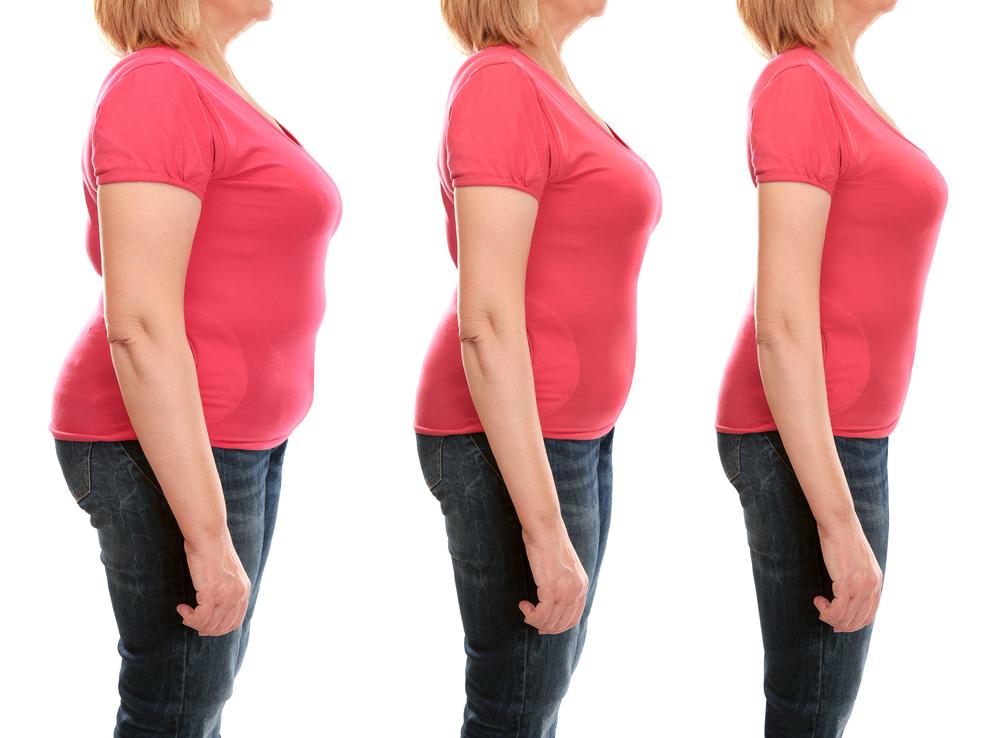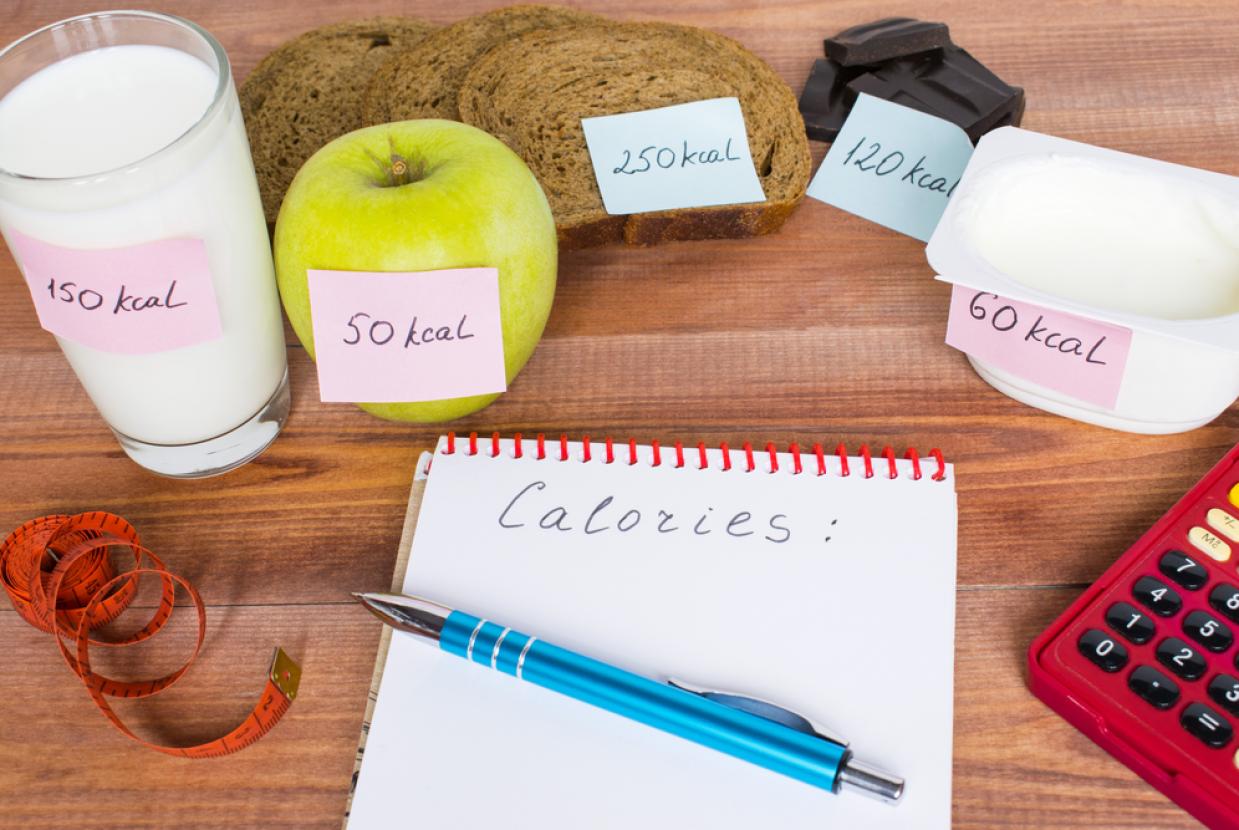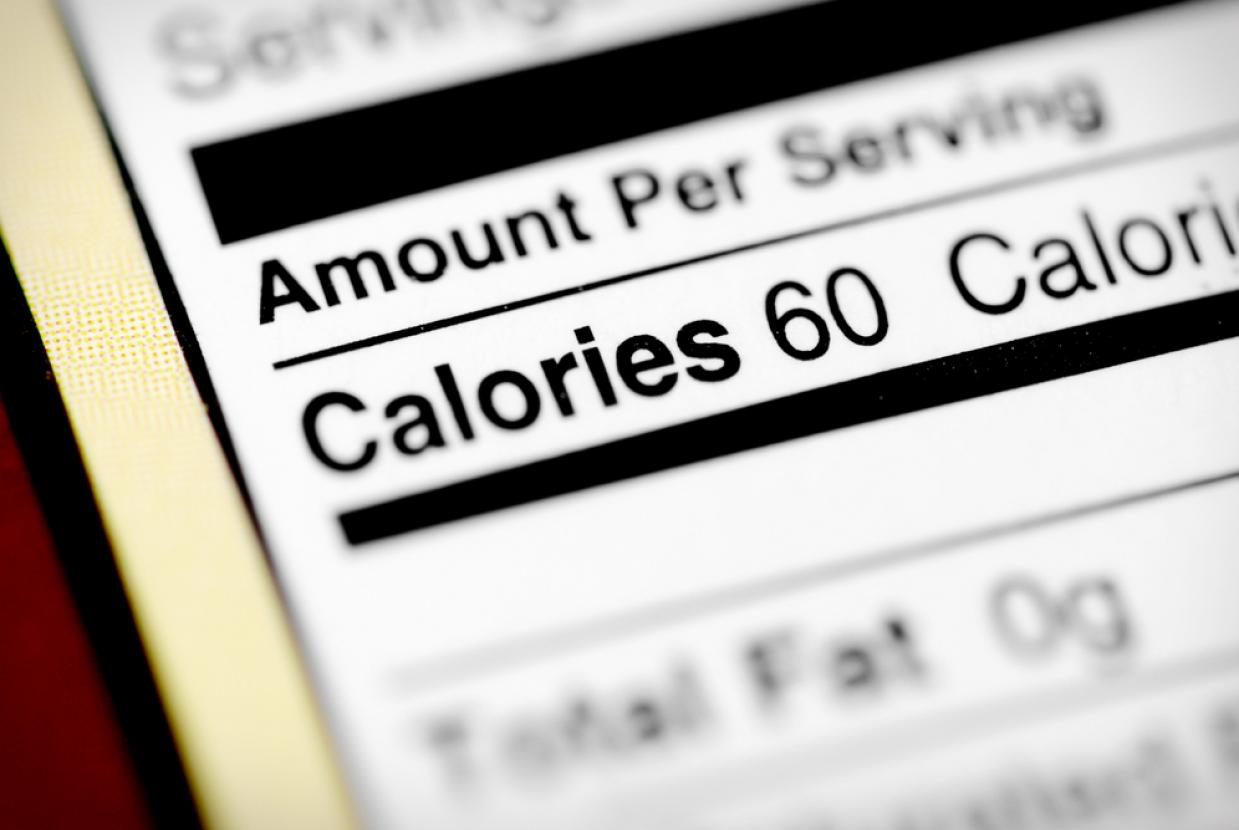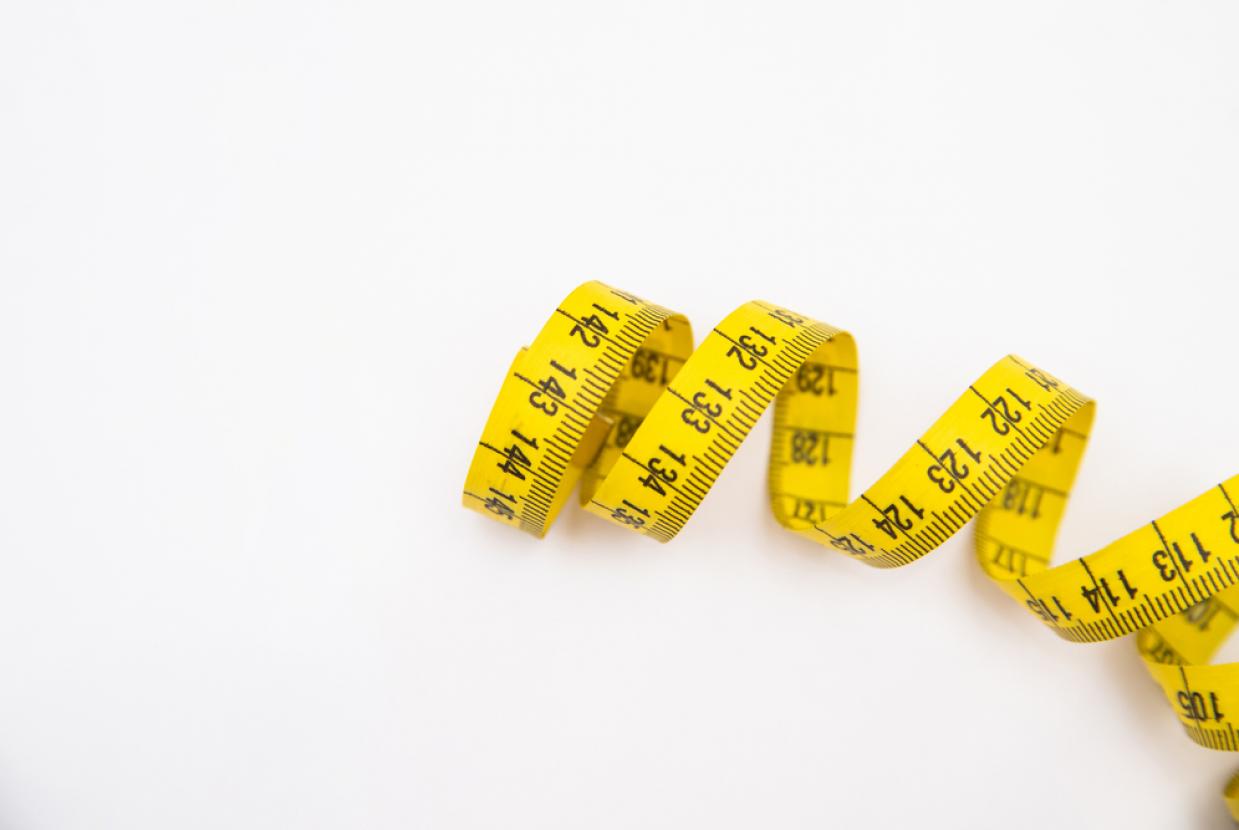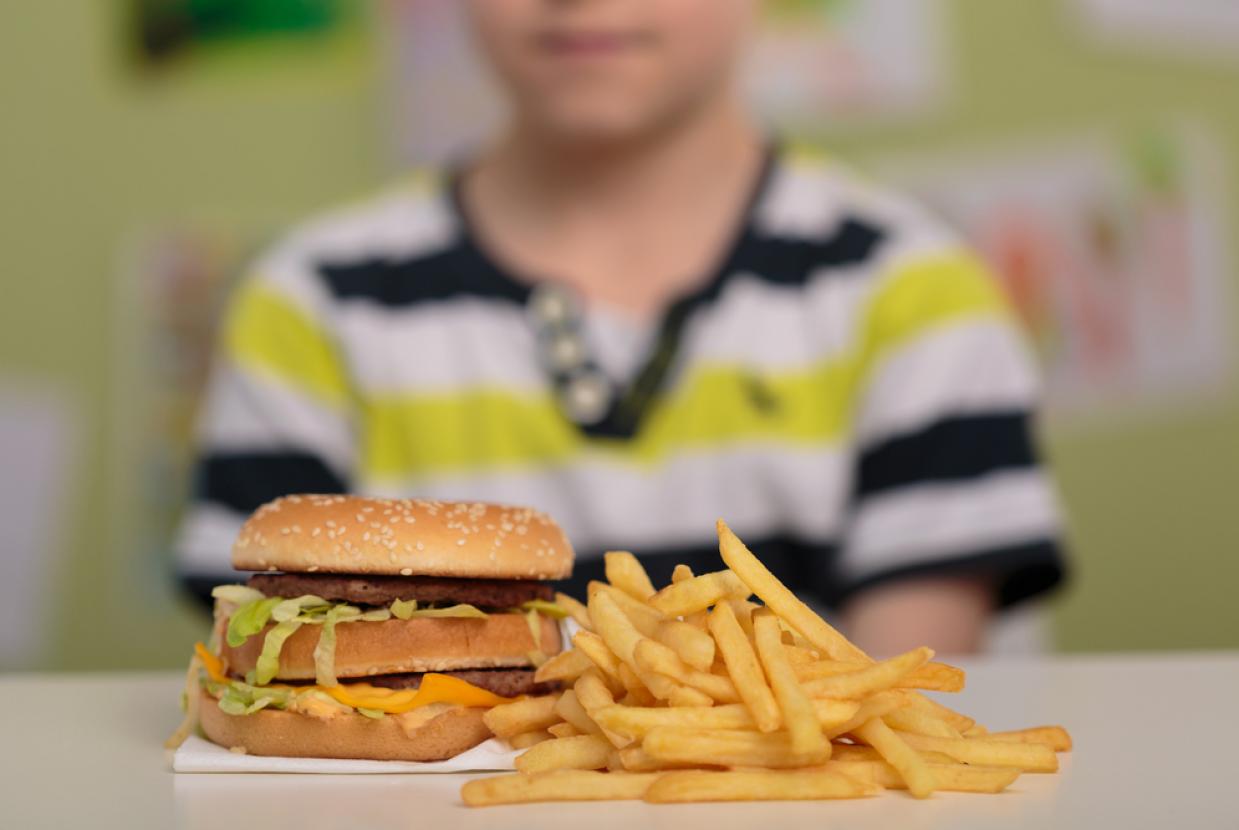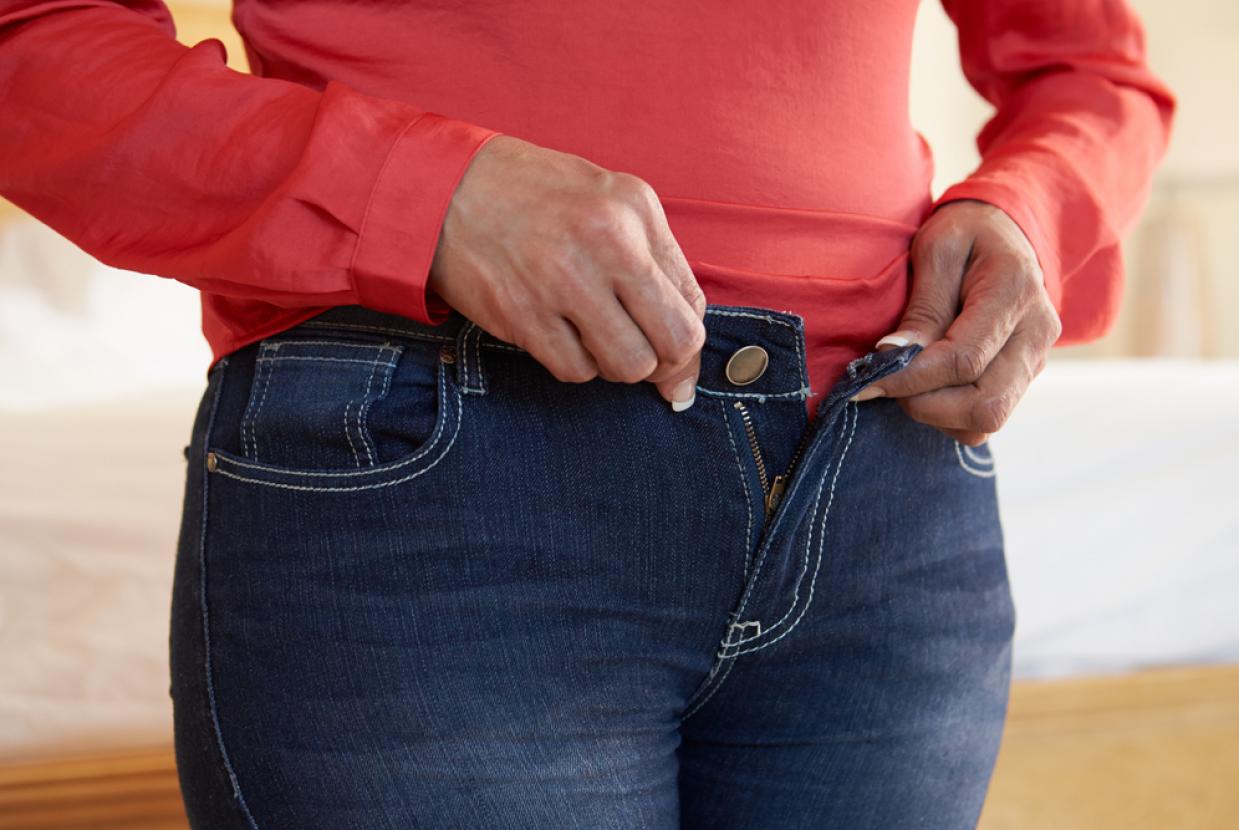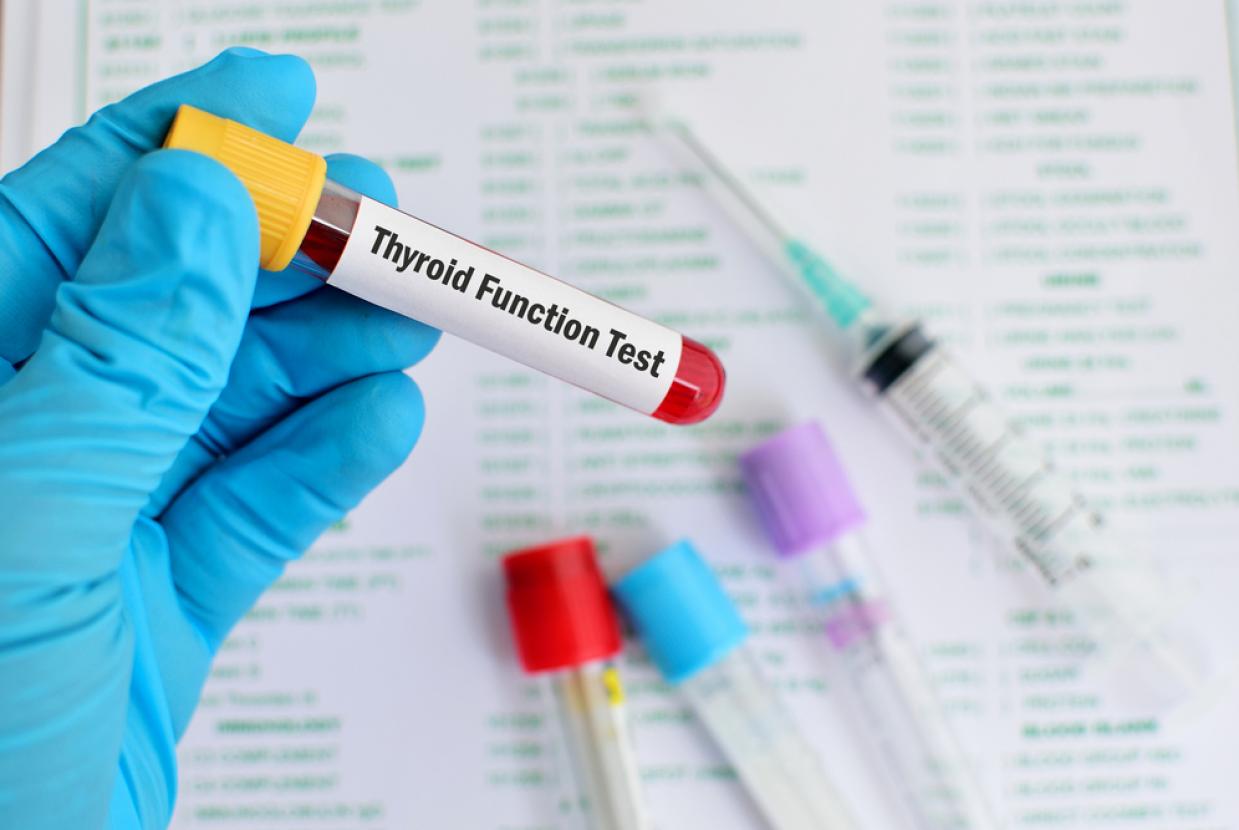How Can I Speed Up My Metabolism?
Healthy WeightIt's not unusual to hear people blame their weight gain on a slow metabolism.
They've cut down on calories and they're more active, but they're not losing weight.
Could the culprit be a slow metabolism?
What is metabolism?
Metabolism describes all the chemical processes that go on continuously inside your body to keep you alive and your organs functioning normally, such as breathing, repairing cells and digesting food.
These chemical processes require energy. The minimum amount of energy your body requires to carry out these chemical processes is called the basal metabolic rate (BMR).
Your BMR may account for up to 80% of your body's daily energy requirements, depending on your age and lifestyle. A "slow metabolism" is more accurately described as a low BMR.
There are lots of online calculators that can work out your daily energy needs. Look out for those that use the Harris-Benedict equation.
Do some people have a faster metabolism than others?
Body size, age, gender and genes all play a role in the speed of your metabolism.
Muscle cells require more energy to maintain than fat cells, so people with more muscle than fat tend to have a faster metabolism.
As we get older, we tend to gain fat and lose muscle. This explains why your metabolism may slow down as you get older.
In general, men tend to have a faster metabolism because they have more muscle mass, heavier bones and less body fat than women.
Your metabolism may be partly determined by your genes, although this is not yet fully understood.
Genes definitely play a role in muscle size and your ability to grow muscles, both of which affect your metabolism.
Am I fat because of a slow metabolism?
People who struggle to lose weight often blame a slow metabolism. But there's little evidence to support this claim.
Research actually shows that overweight people have faster metabolisms than thinner people. Larger bodies require more energy to carry out basic bodily functions.
Putting a "slow metabolism" to one side, something else may be at play here.
Research suggests people tend to eat more than they think they do. When asked to write down everything they've consumed in a day, many people tend to report eating far less than they actually do.
More often than not, the reason you're putting on weight is not because of a slow metabolism, it's because you're eating and drinking more calories than you're burning.
It may be hard to accept, but staying on top of the number of calories you eat is key to losing weight and keeping it off.
Our 12-week weight loss plan will help you lose weight by tracking your calories.
Can losing weight too fast slow my metabolism?
Crash diets and other calorie-restricted diets can slow your metabolism.
With some diets, your body is forced to break down muscle to use for energy. The lower your muscle mass, the slower your metabolism.
With less muscle and a slower metabolism, it then becomes a lot easier to put body fat back on after coming off the diet.
What can I do to speed up my metabolism?
It's claimed that certain foods and drinks can boost your metabolism, including green tea, black coffee, spices and energy drinks. The evidence behind these claims is weak or they are not effective long-term solutions.
While you do not have much control over the speed of your metabolism, you can control how many calories you burn through your level of physical activity.
The more active you are, the more calories you burn.
Some people who are said to have a fast metabolism are probably just more active – and maybe more fidgety – than others.
Here are the 3 most effective ways of burning calories:
- Aerobic activity - aerobic exercise is the most effective way to burn calories. You should aim to do at least 150 minutes of aerobic activity, such as walking, cycling and swimming, a week. You can achieve this target by doing 30 minutes, 5 days a week and breaking down your activity sessions in chunks of 10 minutes. To lose weight, you're likely to need to do more than 150 minutes a week and make changes to your diet.
- Strength training - muscle burns more calories than fat, so increasing your muscle mass will help you lose weight. Aim to do muscle-strengthening activities that work all major muscle groups (legs, hips, back, abdomen, chest, shoulders and arms) on 2 or more days a week. Examples of muscle-strengthening activities include lifting weights and high-intensity bouts of exercise. Heavy gardening may also do the job.
- Be active - try to make activity part of your daily routine. That could include walking or cycling all or part of your journey to work. You could also take the stairs instead of the lift.
Can certain medical conditions cause a slow metabolism?
Some diseases and conditions can slow a person's metabolism, such as Cushing's syndrome and hypothyroidism (an underactive thyroid).
But more often than not, people's weight is a matter of consuming more calories than they burn.
If you feel you may have a problem that's not responding to lifestyle changes, speak to a doctor.












